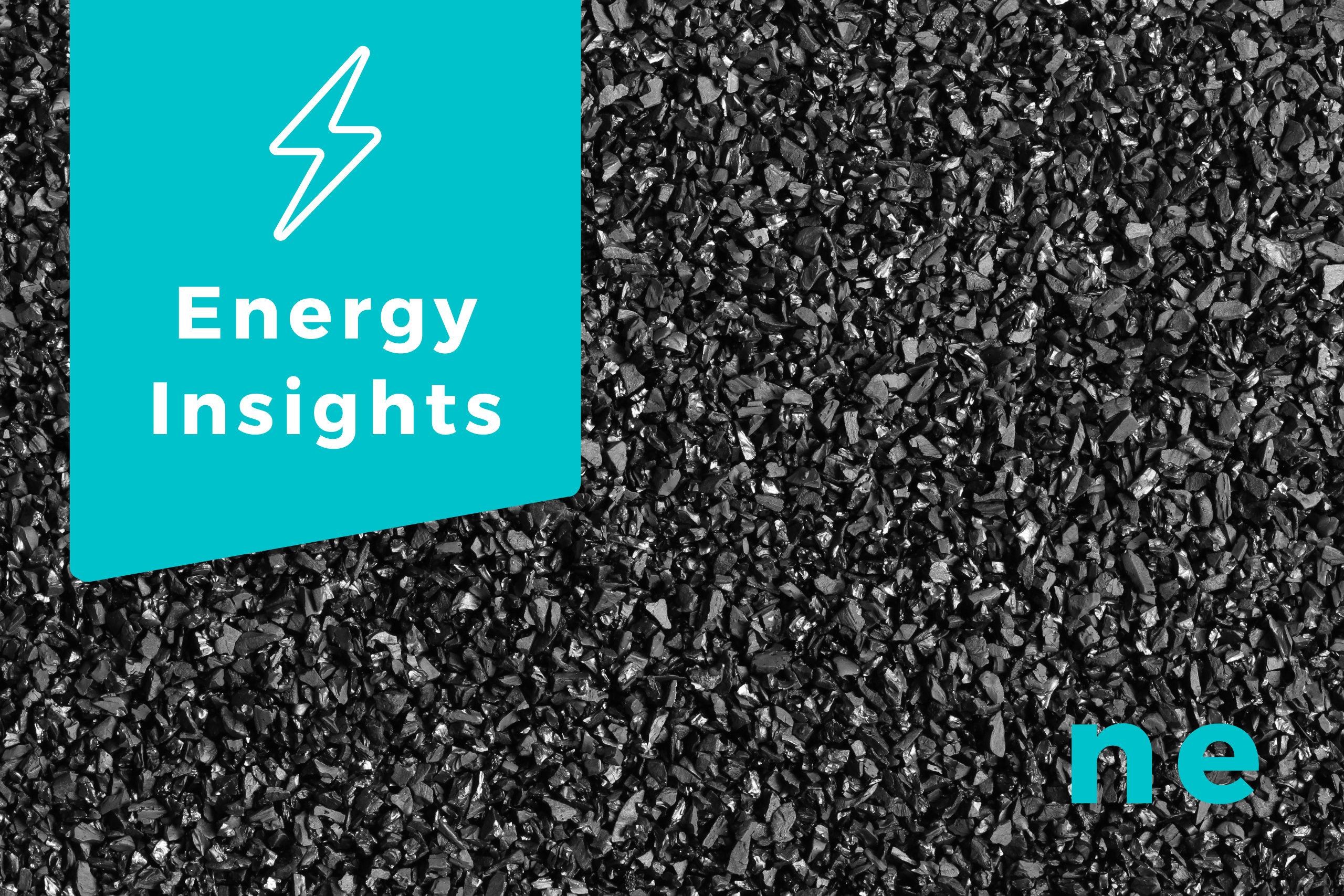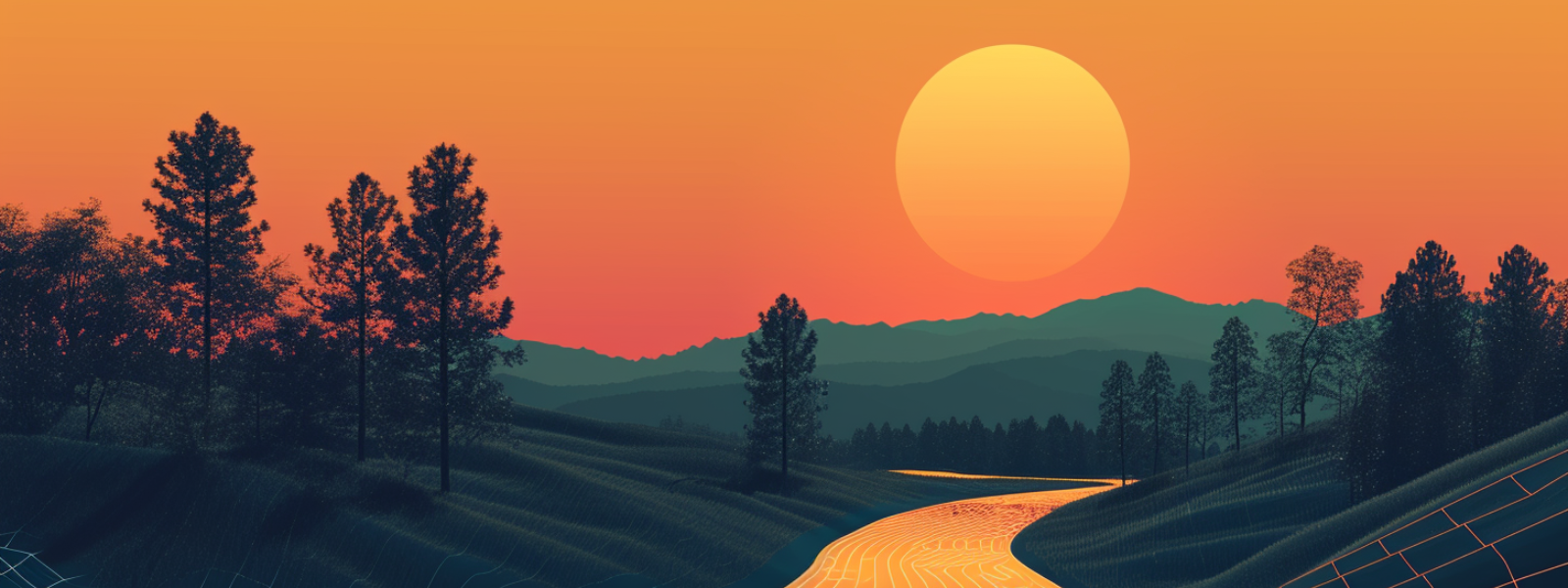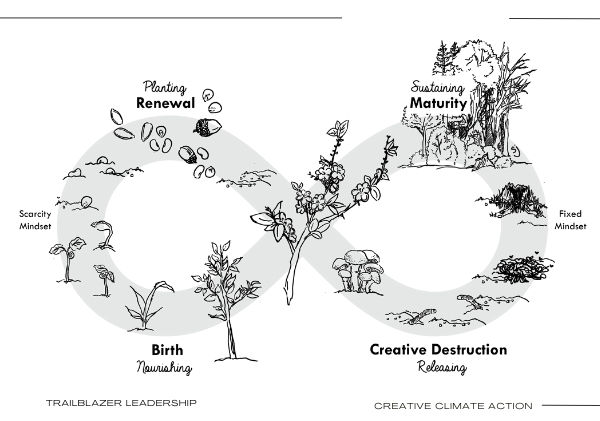In the first and second parts of this series, Native Events Energy & Transition projects manager, Stefano Semprini outlined the nature of our energy addiction and why, globally, we have ended up addicted to fossil fuels. In the third and final part of this series, ‘Energy Insights’, Stefano tells us what needs to happen next – vastly improving energy efficiency and the hugely complex task of reconfiguring our energy systems to rely on renewable energy sources only.
Energy, Part III – What to do?
Good question. First, a bit more about the problem. It is imperative that we have a firm – if still superficial – understanding of the problem, so that we can appreciate the enormity of the challenge before us. And, we would encourage that a lot more of us be asking a lot more questions about the status quo, before jumping to meet the urge to try to solve the problem. For more on this, see the first part in this blog series, ‘Part I: The Problem.”
Supplying continuous energy to millions and millions of people around the world is a staggering achievement of human ingenuity. It has taken the collective efforts of generations of scientists and engineers and workers of all kinds to make this a reality. This implies a commensurate degree of complexity in the systems that deliver this energy from its various sources, to our homes and offices and industrial operations, and–and–and…
Furthermore, energy has become a politicised issue. Countries and whole regions exchange energy and negotiate long-term deals for delivery and supply. Wars are fought over these concerns. Power is brokered, based on where the energy is, and is not, available. The energy economy is the cornerstone of our globalised financial economy: few other elements of the markets that exist today can survive without the means to move (literally and figuratively) mountains-worth of energy from supply sources to demand destinations.
 All of this matters, because they are some of the factors that contribute to an extremely complex problem, which begs the question: how do we fundamentally reconfigure our energy systems to rely on renewable energy sources, while keeping the lights on?
All of this matters, because they are some of the factors that contribute to an extremely complex problem, which begs the question: how do we fundamentally reconfigure our energy systems to rely on renewable energy sources, while keeping the lights on?
We have some ideas. These are not our ideas. They are an amalgamation of ideas that we have encountered while trying to understand the problem, and they come from a variety of experts, think tanks, non-profits, and other organisations working on the problem. They, in turn, have built their ideas, knowledge, and wisdom upon that which others have done and learned before them.
 When it comes to doing things in the world, our Native roots are in producing live Events – so this is where we are trying to apply our learnings about energy transition. We see live events and festivals as small-scale opportunities to experiment with solutions, learn from what works and what doesn’t, then iterate towards better solutions – a rapid prototyping approach, using live events and festivals as our field laboratory.
When it comes to doing things in the world, our Native roots are in producing live Events – so this is where we are trying to apply our learnings about energy transition. We see live events and festivals as small-scale opportunities to experiment with solutions, learn from what works and what doesn’t, then iterate towards better solutions – a rapid prototyping approach, using live events and festivals as our field laboratory.
Let’s start at the beginning: energy efficiency.
The prevailing abundance of cheap energy has made us lazy. There has been very little need to innovate in the directions of highly efficient means of sourcing and using energy. Large-scale coal-fired power plants are around 40% efficient, while the types of generators that typically power event/festival sites are between 25% and 35% efficient. The rest of the energy in the fuel (65% to 75%) that is burned is dissipated as waste heat, noise and vibration.
Furthermore, the prevailing approach to specifying and positioning generators at event sites is inefficient and wasteful: generators that are larger than they need to be, placed in more locations than they need to be.
We have partnered with ZAP Concepts to use their Smart Power Plan tool, to assist event organisers with better advancing (preparations) for energy at events and festivals. Over the 2022 festival season, we worked to implement the Smart Power Plan with a couple of clients. There is no sugar-coating it: these initiatives did not go according to plan. And, this is more or less to be expected. We are learning a great deal about what does work and what doesn’t work.
We are also working with many events, big and small, to monitor energy consumption at various sites. Understanding current energy consumption patterns better will help us to design ever-improving interventions, going forward.
What next?
We will continue our work with energy efficiency because, at the macro-scale (towns, cities, nation states) this is where the bulk of the change needs to happen. Once we have significantly more energy efficient systems, the conversation about alternative energy sources will begin in earnest. In the meantime, we know that there are countless engineers, scientists and entrepreneurs the world over, working tirelessly to achieve breakthroughs for our energy future. We are happy to let them get on with it while we work on the micro-level (at event and festival sites) testing the products, services and processes they innovate.
The vast majority of events and festivals in Ireland have a long, long way to go to being less dependent on fossil fuel-derived energy. We are here to meet them wherever they are in the journey, and provide clear guidance on what could work for them.
As we learn, we are always looking for opportunities to apply our energy insights to meet society’s challenges and needs. Increasingly, we are being contacted for partnerships and projects which allow us to move our field experiments into the mainstream. This is exciting for us, and we look forward to playing our small part in a just energy transition.








